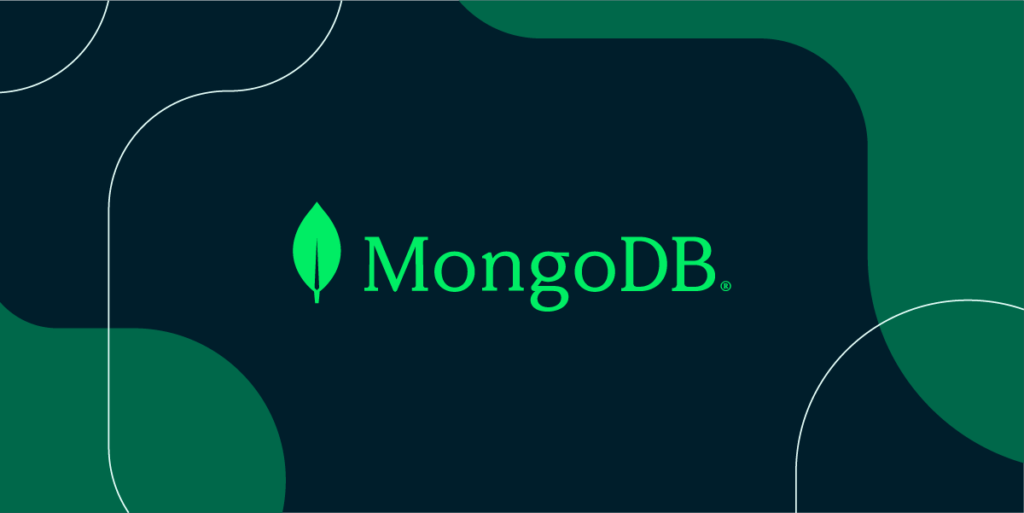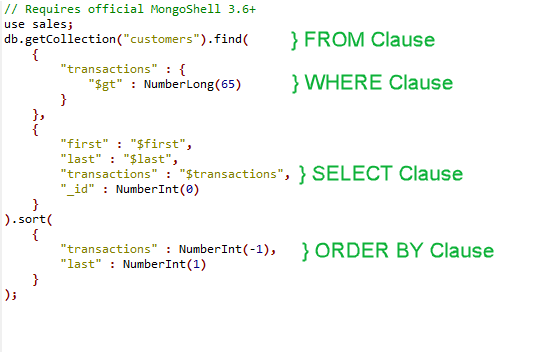MongoDB
WHAT IS MONGODB?
- MongoDB is an open-source NoSQL database that allows flexible storage and retrieval of data in JSON-like documents.
- It provides scalability and performance by allowing horizontal scaling, distributing data across multiple servers.
- MongoDB offers flexibility in data modeling, allowing easy modifications to the structure of documents and adapting to changing data requirements.
- It supports rich querying capabilities, including ad hoc queries, indexing, and aggregation pipelines, enabling efficient and complex data retrieval.

USE OF MONGODB
- Storing and managing various types of data, from simple to complex structures.
- Real-time analytics and deriving valuable insights from data.
- Building scalable web applications to handle high traffic loads.
- Supporting mobile and IoT applications with efficient storage and retrieval of diverse data types.
- Powering content management systems with efficient content storage and search capabilities.
WHAT ARE THE FEATURES OF MONGODB?
Document-Oriented – MongoDB is a document-oriented database, which means it stores data in flexible, JSON-like documents instead of traditional rows and columns. This allows for easy and dynamic schema design, making it suitable for handling diverse and evolving data structures.
Scalability – MongoDB is designed to scale horizontally, allowing you to distribute data across multiple servers or clusters. It can handle high volumes of data and traffic by automatically partitioning data and balancing the load across servers.


Flexible Querying – MongoDB offers a powerful and expressive query language that supports a wide range of queries, including ad hoc queries, filtering, sorting, and complex aggregations. It also supports indexing to improve query performance.
High Availability and Fault Tolerance – MongoDB provides built-in replication and automatic failover capabilities. It allows you to create replica sets that provide redundant copies of data, ensuring high availability and data durability.
Full-Text Search – MongoDB includes a full-text search engine that enables efficient and accurate text-based searching within documents. It supports text indexing and querying with various search options, making it suitable for applications that require advanced search capabilities.
THE BENEFITS OF LEARNING TO CODE WITH MONGODB
Versatility – Learning MongoDB provides you with a valuable skill set to work with different types of data and handle complex data structures. It allows you to efficiently store, retrieve, and manipulate data in a flexible and scalable manner.
Career Opportunities – With the growing popularity of MongoDB in the industry, learning to code with MongoDB opens up various career opportunities. Many organizations are adopting MongoDB as their preferred database solution, and there is a high demand for professionals with MongoDB skills.
Scalability and Performance – MongoDB’s scalability features, such as horizontal scaling and automatic load balancing, allow you to build high-performance applications that can handle large amounts of data and traffic. Learning to leverage these features helps you build robust and scalable systems.
Agile Development – MongoDB’s flexible schema design and document-oriented nature make it well-suited for agile development methodologies. It enables developers to iterate quickly, adapt to changing requirements, and easily handle evolving data structures.
